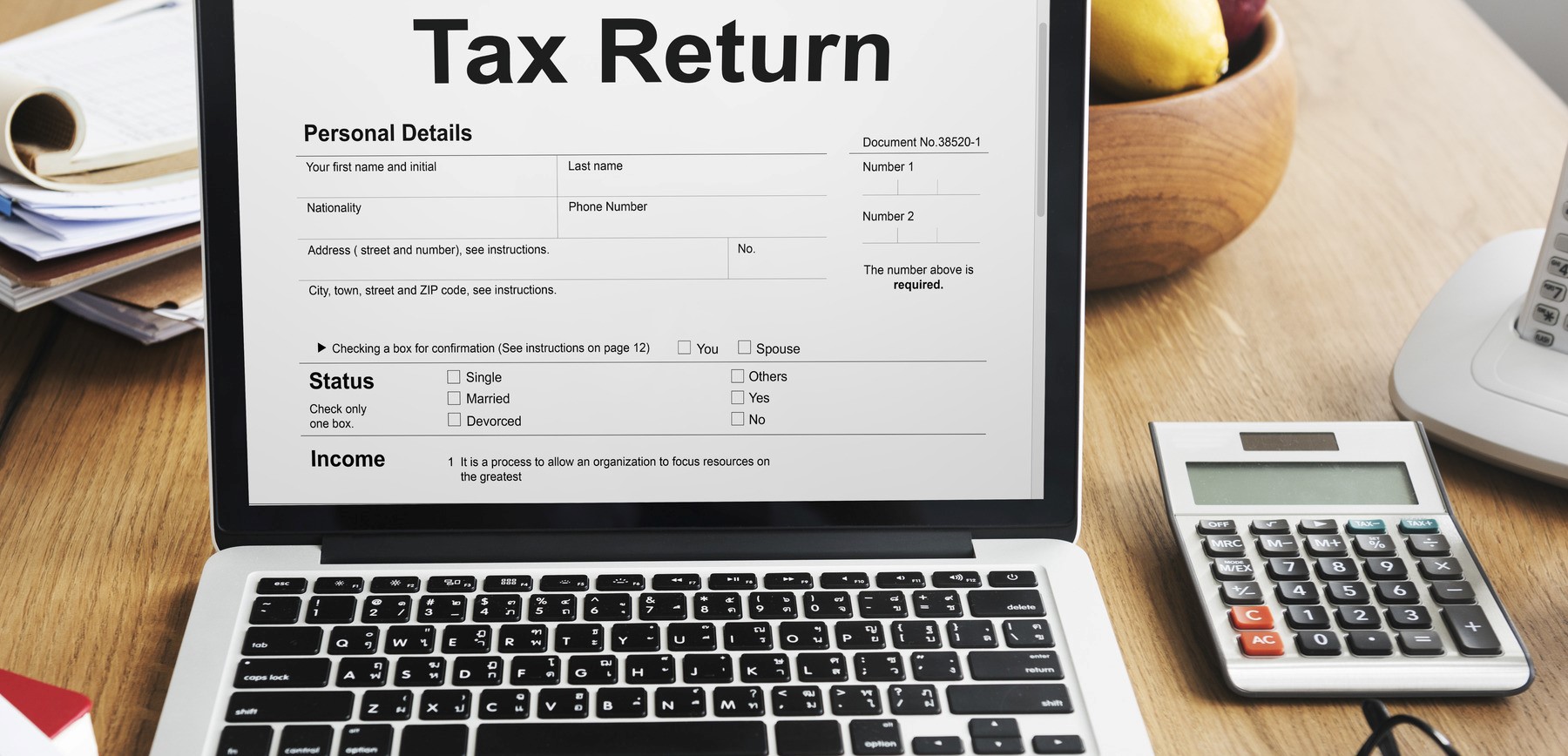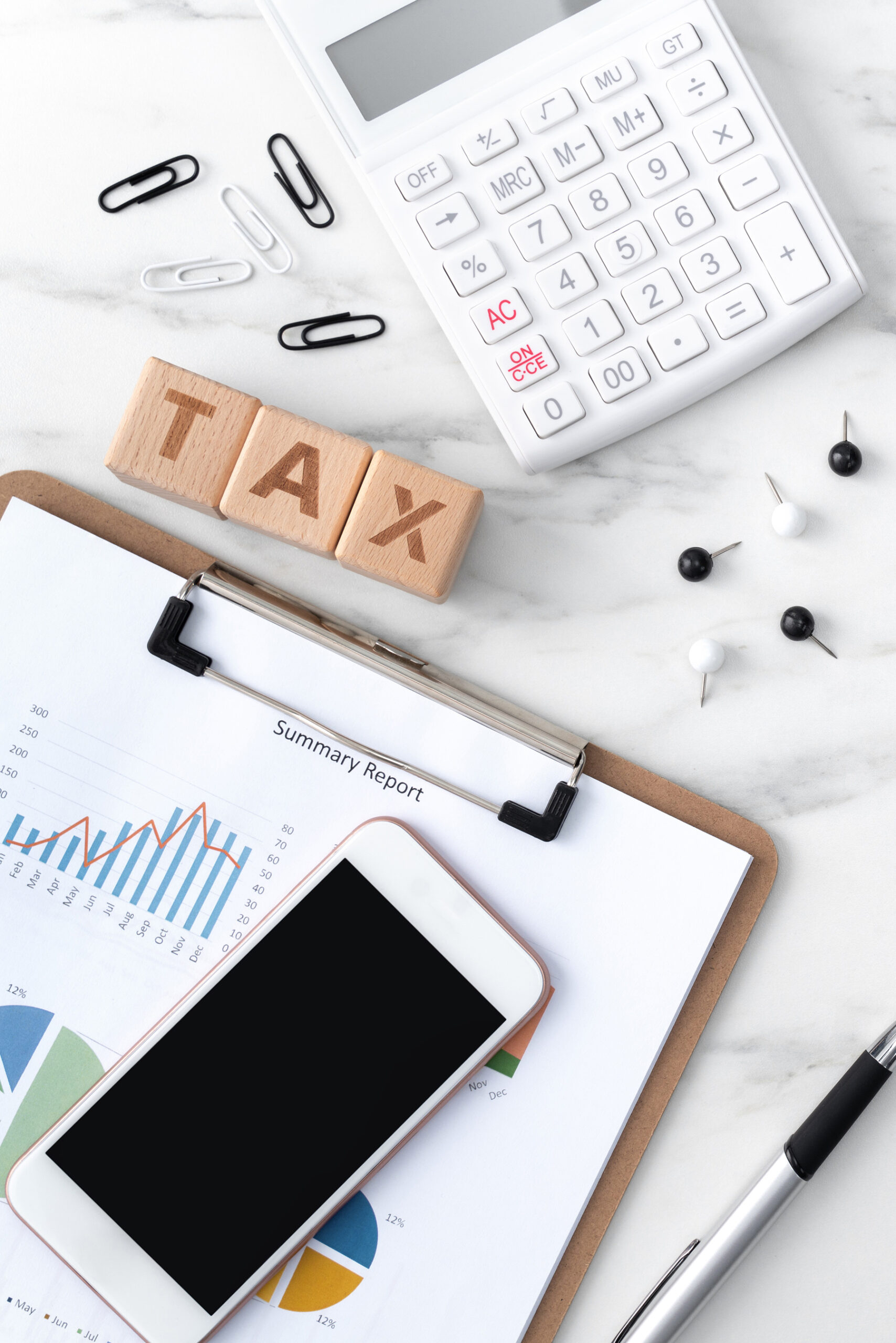services
Self Assessment Tax Returns | MacnCo Legal & Financial Solutions
Self-Assessment Tax Returns: Everything you need to know
At MacnCo we help individuals and businesses with the preparation and submission of Self- Assessment tax returns, ensuring full compliance with HMRC and minimising the risk of errors or penalties. Whether you’re a self-employed contractor, a director of a limited company, or someone with other taxable income, we take the stress out of tax season.
What is a Self-Assessment Tax Return?
Self Assessmentis the process by which taxpayers in the UK report their income and pay the tax due to HMRC. This system is primarily used by individuals who do not have their taxes automatically deducted at source, such as the self-employed, business owners, and those with other sources of income.
The Self Assessment system requires individuals to file a tax return detailing income, allowable expenses, and any applicable tax reliefs. This information is used to calculate the amount of tax you owe, ensuring that you pay the correct amount.
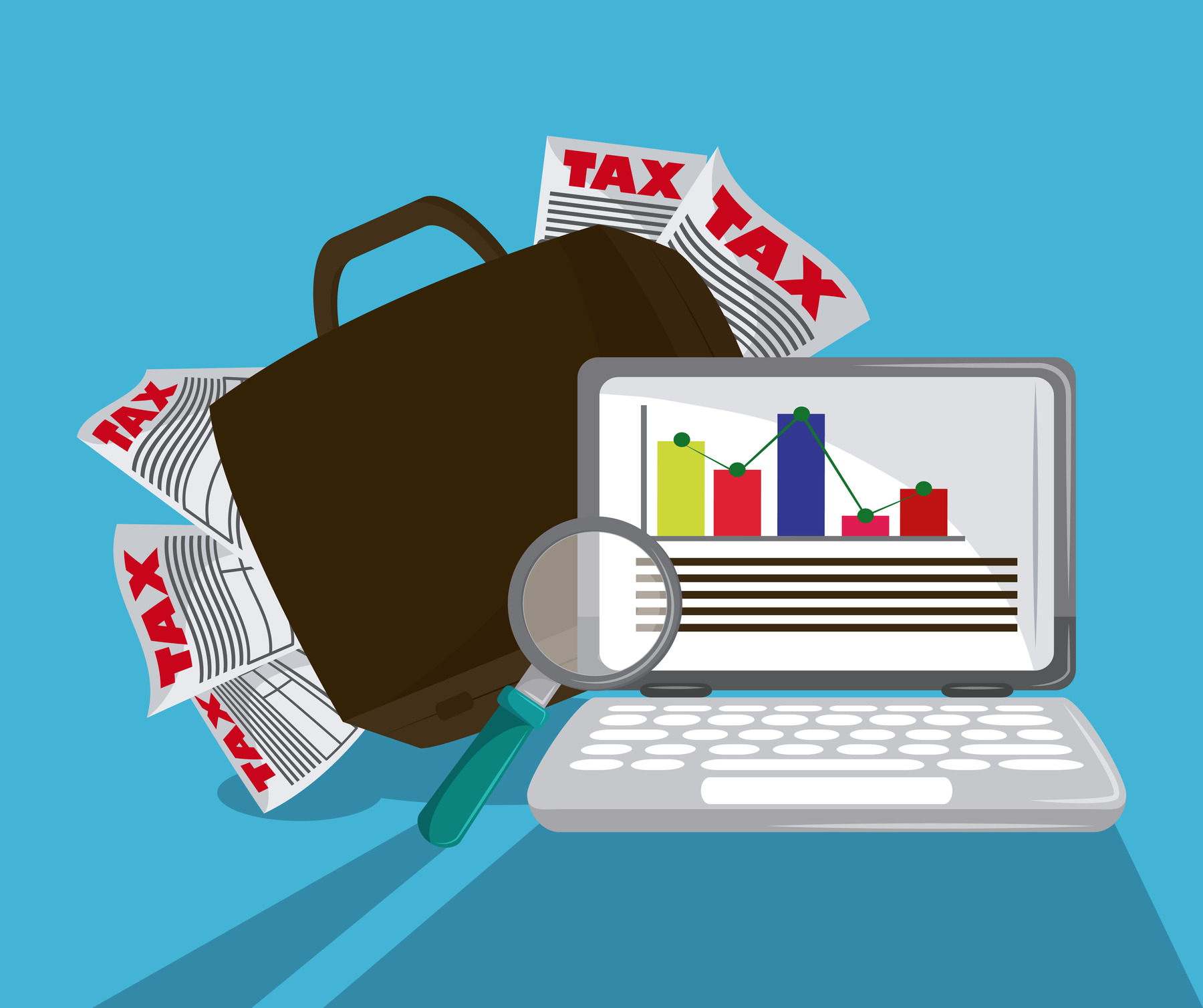
Who needs to file a Self-Assessment Tax Return?
You need to file a Self-Assessment tax return if you are:
- You are self-employed (a sole trader, freelancer, or contractor)
- You are a company director, even if you don’t take a salary or dividends
- You have income from property, such as rent
- You receive income from abroad
- You earn more than £100,000 per year (from any source)
- You have other untaxed income, including tips, savings, investments, or capital gains
If you are unsure whether you need to file a Self-Assessment tax return, you can use the HMRC’s online tool to check.
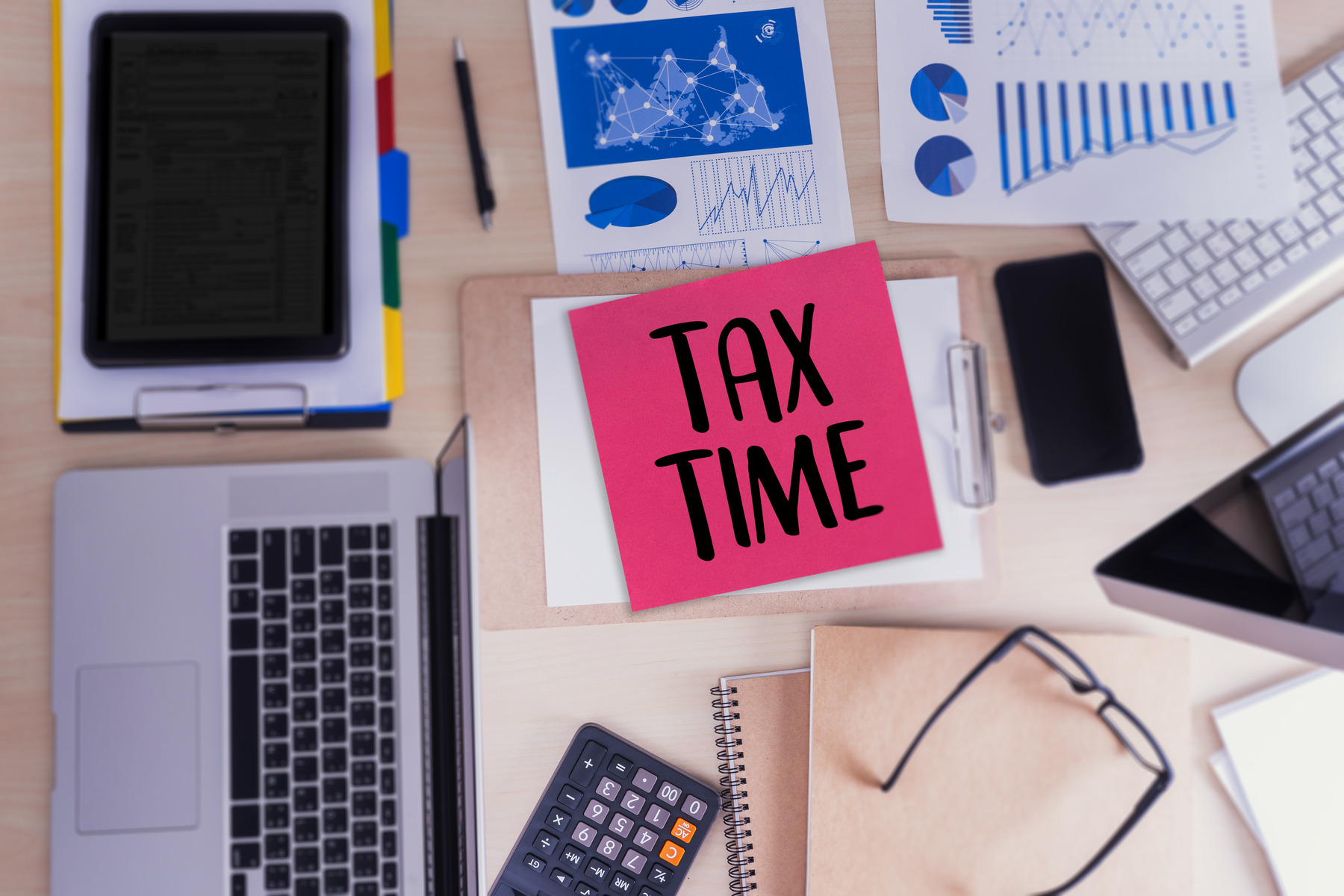
When is the deadline for filing a Self-Assessment Tax Return?
Missing deadlines can result in significant penalties. Here are the key dates you need to be aware of when submitting your Self Assessment tax return:
- 5th October – Register for Self Assessmentif you’re self-employed or have other taxable income.
- 31st October – Paper Tax Return Submission deadline (for those filing by paper).
- 31st January – Online Tax Return Submission deadline.
- 31st January – Payment Due for any tax owed from the previous tax year.
- 31st July – Second Payment on Account (if applicable).
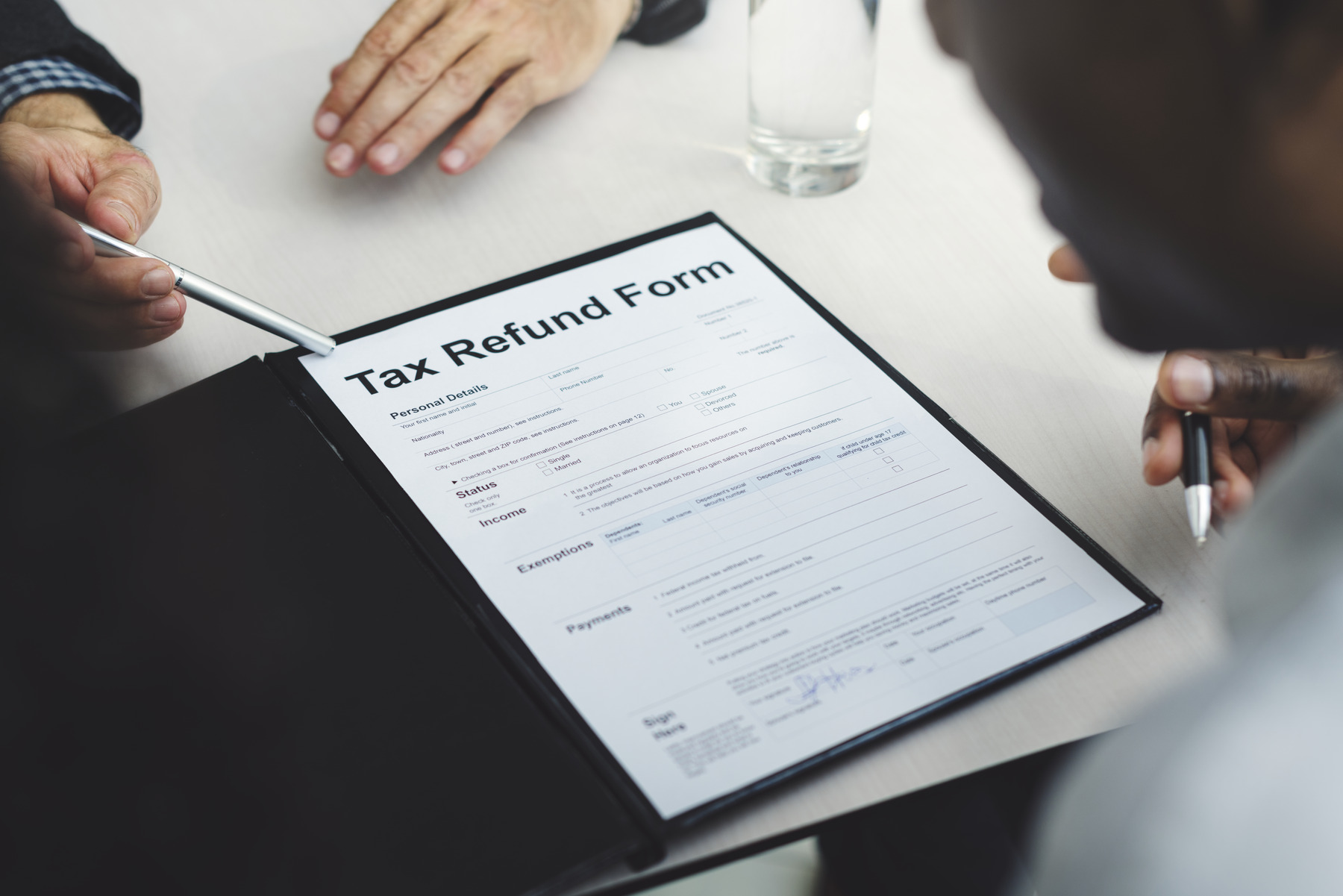
How do you file a Self-Assessment Tax Return?
You can file your Self-Assessment tax return online using HMRC’s Self-Assessment online service. You will need to register for the service if you haven’t already done so. The online service will guide you through the process of completing your tax return and will calculate your tax bill for you. Alternatively, you can file your tax return by post, although this method can take longer to process.
What information do you need to include in your Self-Assessment Tax Return?
When completing your Self-Assessment tax return, you will need to provide information about your income, expenses, and any tax reliefs or allowances that you are entitled to. Here are some of the things you may need to include:
1. Your self-employment income and expenses
2. Any employment income you have received
3. Any rental income you have received
4. Any dividend income you have received
5. Any interest or savings income you have received
6. Any foreign income you have received
7. Any capital gains you have made from the sale of assets or investments
You may also need to provide details of any tax reliefs or allowances that you are entitled to, such as pension contributions or charitable donations.
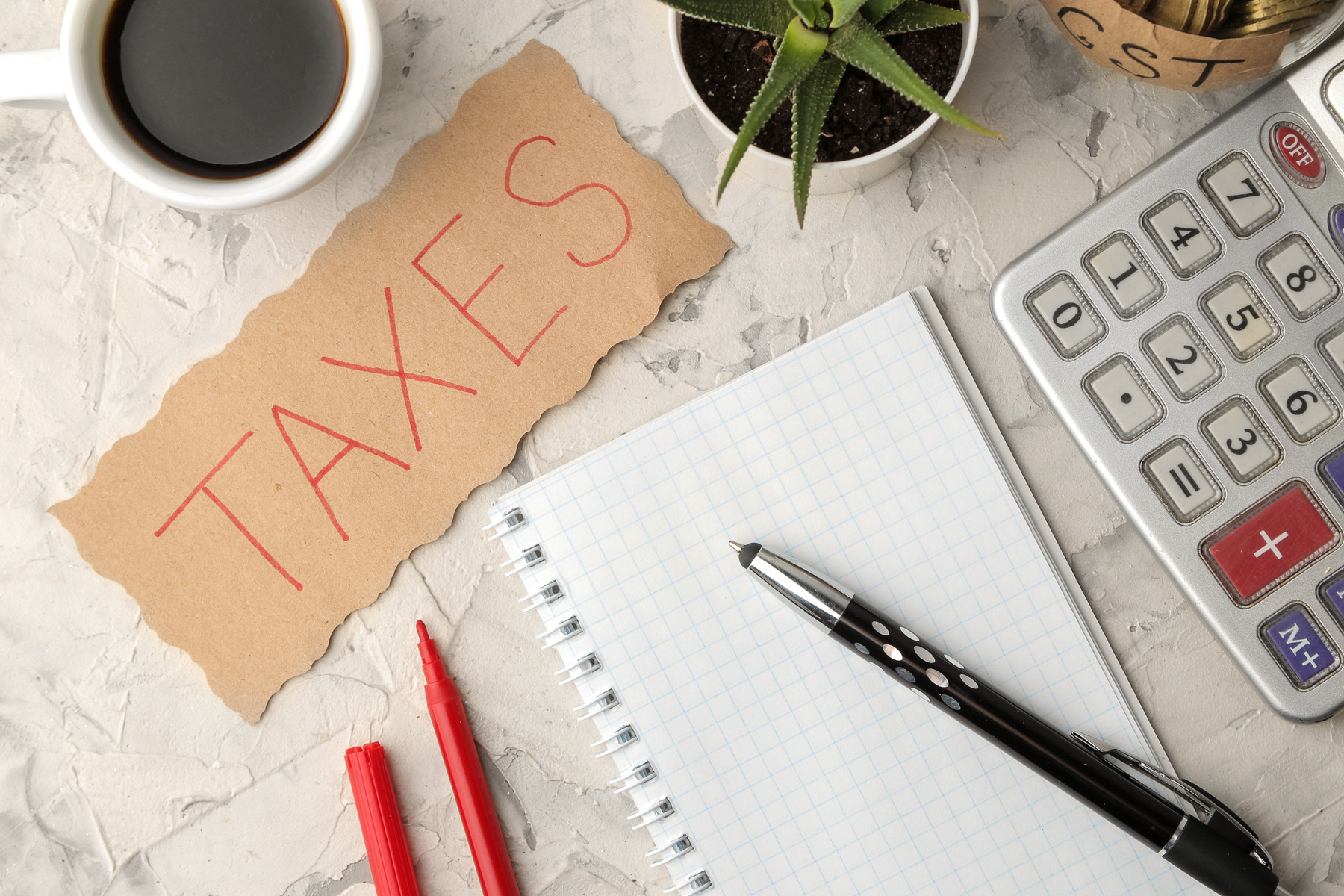
How is your Tax Bill Calculated?
Your tax bill is calculated based on the information you provide in your Self-Assessment tax return. HMRC will use this information to work out how much income tax and NICs you owe. If you have paid too much tax, you may be entitled to a refund. If you have paid too little tax, you will need to pay the balance.
What happens if you make a mistake on your Tax Return or you will be late?
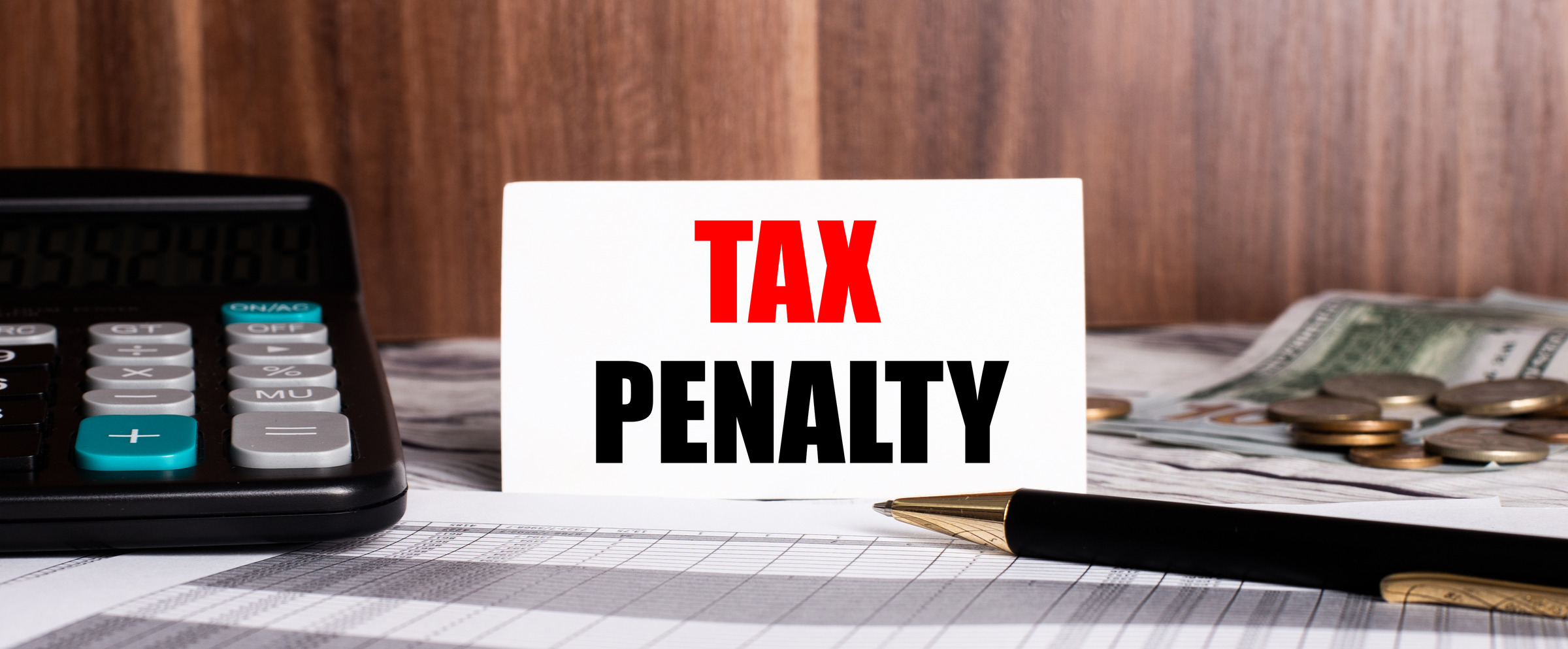
The Penalties for late Tax Returns:
If you are late in filing your tax return and paying your bill, you may be charged a £100 penalty fine. Additionally, if you fail to pay, there may be further fines. The penalty will increase if you are more than three months late, and interest will also be charged on the outstanding amount.
However, HMRC acknowledges that mistakes can happen and has stated that it will not impose a penalty for genuine errors. You may also have grounds for an appeal against a penalty for a late tax return due to extenuating circumstances, such as the death of a close relative, hospitalization, or computer failure. If you are unable to pay your tax bill, contact HMRC as soon as possible to discuss a repayment plan.
The importance of accurate Tax Returns: Correcting mistakes and claiming refunds.
In case you make an error on your tax return, you have a 72-hour window to correct it yourself. If you file your return online, you can make amendments through the Gateway platform. If you submit a paper return, you can download a new form to fill out and write the word “amendment” on each page.
If you miss this deadline, you will need to write to HMRC to report any errors made. In the letter, you must clearly explain why you believe that an incorrect amount of tax has been paid and indicate the correct amount you either owe or should be refunded. Additionally, you can claim refunds up to four years after the end of a tax year.
How Macnco help in Self-Assessment Tax Returns
At MacnCo, we provide comprehensive support for Self Assessment, helping individuals and businesses avoid costly mistakes and ensure compliance:
Expert Tax Advice
Our team includes qualified tax advisors who are up-to-date with the latest changes in tax law and HMRC regulations.
We provide advice on tax-saving strategies, allowable expenses, and reliefs to minimise your liability.
Maximise Your Tax Deductions
We help you claim every tax relief and allowable expense you’re entitled to, from business expenses to charitable donations and pension contributions.
Hassle-Free Service
We handle everything for you—from collecting documents to preparing the return, filing with HMRC, and advising on payment options
Support for Complex Returns
If you have multiple income sources or complex tax matters (e.g., overseas income, capital gains, etc.), we provide detailed support to navigate these complexities.
The Legal Aspects of Self -Assessment
Filing your Self -assessment tax return is a legal obligation in the UK. Failure to comply with HMRC regulations can result in:
- Late filing penalties: £100 penalty if the return is late, with further penalties for continuous delays.
- Incorrect information: Submitting inaccurate information can lead to fines, interest on unpaid taxes, and, in extreme cases, criminal prosecution.
- Underpayment penalties: If you don’t pay the correct amount of tax, you may face additional charges.
At MacnCo, we ensure your returns are accurate and comply with all relevant tax laws, helping you avoid these risks.
Frequently Asked Questions – Self AssessmentTax Returns
What if I miss the Self Assessmentdeadline?
Late filing or payment will incur penalties. If you miss the deadline, it’s important to file as soon as possible to minimise additional penalties.
Do I need to file a Self Assessment return if I’m employed?
If you’re employed and have no other taxable income, you may not need to file a Self Assessment tax return. However, if you have other income (e.g., self-employed income, rental income, etc.), you’ll need to file.
Can I claim tax relief for business expenses?
Yes! If you are self-employed or have a business, you can claim a wide range of business-related expenses to reduce your taxable income, including office supplies, travel costs, and professional fees.
How long do I need to keep my records for Self Assessment?
HMRC recommends keeping records for at least 5 years after the 31 January submission deadline of the relevant tax year. If you’re subject to an audit, HMRC may request older records.

